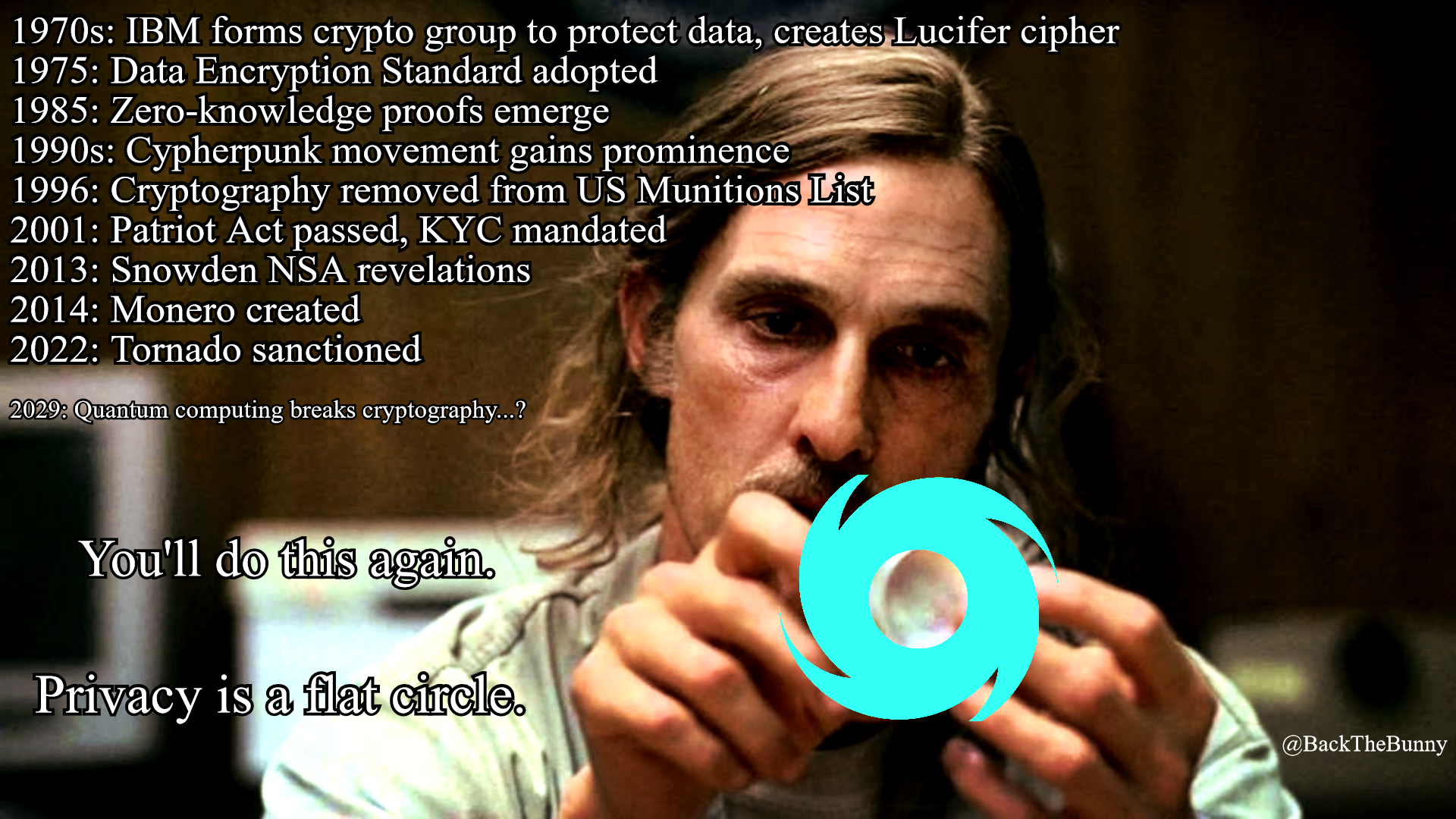Some reflections on technology cycles.
There’s a well-known observation in the tech industry that all business is just bundling and unbundling. Give this a quick read to understand:

Apple is an example of bundling computers, taking the fragmented parts of the PC market (OS, hardware, and even chips now) and bundling their creation together in the same process. iTunes bundled all your CDs into one database; it also unbundled the CD, letting you buy one song instead of a whole album.
Opendoor bundles the real estate agent and home seller into one business by buying the house then selling it out of its inventory. Google’s entire business is one big bundling of services to drive time spent on the platform so they can sell more ads. Netflix bundles distribution (formerly Blockbuster and movie theaters) and content creation (Hollywood) for movies.
ChatGPT is unbundling Google. It’s taking the core business (search and info procurement) and siloing it into one standalone service. Unreal Engine is unbundling video games and their distribution by allowing developers to create games and treat distribution separately (eg Activision is game creation + distribution bundling).
Amazon unbundled retail stores, allowing you to find just the products you want rather than having to enter a store (stores are bundled products).
Here are more examples of bundling and unbundling:

I’d go so far to say Twitter and Instagram kinda unbundled the Facebook post. Facebook came first and offered pictures and text in one post. Then competition came and stripped out the constituent parts and made it their entire offering. Instagram just pictures, Twitter just text (initially, anyways).
Why do I elaborate on the bundle/unbundle framework and provide these examples:
- The concept of unbundlings/bundlings needs to be understood for my subsequent analysis. Also it’s interesting, and let’s you understand tech businesses through a different lens.
- It demonstrates bundling as basically a natural law of technology development. Tech proliferation organizes behavior in a cyclical way that groups, ungroups, then regroups it again.
- I would describe the previous examples as micro bundlings. I want to zoom out and discuss a macro one I’ve observed.
Viewing these bundling cycles as a tenent of human and tech interaction, what is modern-day cryptography bundling or unbundling? How much do we have to zoom out to see it? In contrast with the micro bundlings previously described, crypto is rebundling core features of human interaction that we’ve lost over centuries.
The Natural State of Human Communication is Private, The Natural State of Technology is to Remove Privacy
Human communication used to be private as its baseline. We used to only talk in-person, which meant no one else could access your chats and they were self-deleting be default. Natural interaction is confidential, ephemeral, and between two parties by nature. Very based actually.
Then technology began to slowly erode this discreet foundation, trading off privacy for scalability and/or persistence.
Examples:
- Smoke signals could send messages farther and to more people (more scale), but everyone could see them.
- Pen and paper allowed us to transcribe our words so they’re no longer self-deleting. But the enhanced permanence meant they could be viewed by unintended parties (increased persistence at the expense of privacy)
- Carrier pigeons allowed distant messaging between two parties (more scale), but at high privacy risk (no security).
- The telegraph is the electronic carrier pigeon: better scalability and distribution, little privacy.
- The telephone allowed widespread discourse for billions. But with an oligopoly of providers maintaining the infrastructure, it had poor privacy and high censorability.
As more scale for communication is achieved, it invariably requires more centralization at the technology baselayer to facilitate the volume (similar to blockchain trilemma-type tradeoffs).
The internet is the crescendo of hyper-scalable communication built on centralized infrastructure. The web is basically controlled by a handful corporations, and as a result privacy is nonexistent. Tech companies can read your messages and censor you for ToS reasons at will. And all it takes is a frivolous request from the government to spy on anything you say (the NSA just reads it anyways). But, it’s insanely scalable.
The law of technology and communication so far has been: more scalability and persistence means less security and privacy. Technology unbundles privacy from human interaction and increases censorability.
Scalability and privacy for communication is basically anti-correlated; you gain one at the expense of the other. We’ve achieved peak far-reaching human interaction, but at a complete loss of privacy.
The Great Rebundling of Privacy and Communication
Over hundreds of years, technology has progressively unbundled privacy from our words (and made them censorable) to provide enhanced scalability and permanence.
Modern cryptography is the rebundling of privacy and communication, while maintaining scalability. Nature is healing. DeFi does it for financial communication.
Despite DeFi’s blockchain-led transparency (all transactions made onchain are public), there are innate features to it that make it privacy accretive. Namely psuedoanonymity, censorship resistance, and permissionless access: nothing in TradFi allows all three of these.
To me, communication and financial activity is a distinction without a difference: money is a unit of information and financial transactions are a form of economic dialogue. Cryptography enshrines privacy back into human connections, both financial and otherwise. It marks the first time that technology has rebundled privacy, security, and uncensorability back into our existence, while maintaining scalability and permanence. RETVRN.
Quantum computing will probably unbundle it again though. Sigh.
Follow at @BackTheBunny


